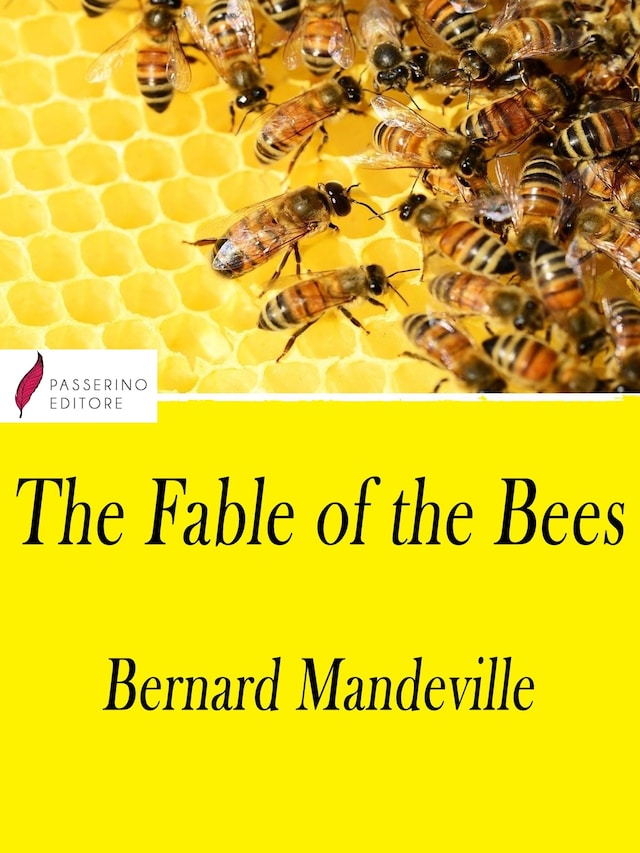
The Fable of the Bees
or, Private Vices, Publick Benefits
Tietoa kirjasta
The Fable of The Bees: or, Private Vices, Publick Benefits is a 1714 book by the Anglo-Dutch satirist Bernard Mandeville. It consists of the satirical poem The Grumbling Hive: or, Knaves turn'd Honest, which was first published in 1705, along with prose discussion of the poem, called "Remarks", and an essay, An Enquiry into the Origin of Moral Virtue. In 1723 another edition appeared in which Mandeville added two new essays.
In The Grumbling Hive, Mandeville describes a bee community that thrives until the bees suddenly become honest and virtuous. Without their desire for personal gain, their economy collapses and the remaining bees go to live simple lives in a hollow tree. The implication—that private vices are the source of public benefits—caused a scandal when public attention turned to the work, especially after its 1723 edition.
Bernard Mandeville, or Bernard de Mandeville (15 November 1670 – 21 January 1733), was an Anglo-Dutch philosopher, political economist and satirist. Born in Rotterdam, Netherlands, he lived most of his life in England and used English for most of his published works. He became famous for The Fable of the Bees.
According to E. J. Hundert, the thesis of Mandeville's satire was that "contemporary society is an aggregation of self-interested individuals necessarily bound to one another neither by their shared civic commitments nor their moral rectitude, but, paradoxically, by the tenuous bonds of envy, competition and exploitation".
Mandeville's challenge to the popular ideas of virtue—in which only unselfish actions could be virtuous, or which were predicated on Enlightenment rationalism—caused a controversy that lasted through the eighteenth century and influenced later thinkers in moral philosophy and economics. Ideas about the division of labour and the free market (laissez-faire) were influenced by his Fable, and the philosophy of utilitarianism was advanced as Mandeville's critics, in defending their views of virtue, also altered them.
 Bernard Mandeville
Bernard Mandeville 205 Sivua
205 Sivua